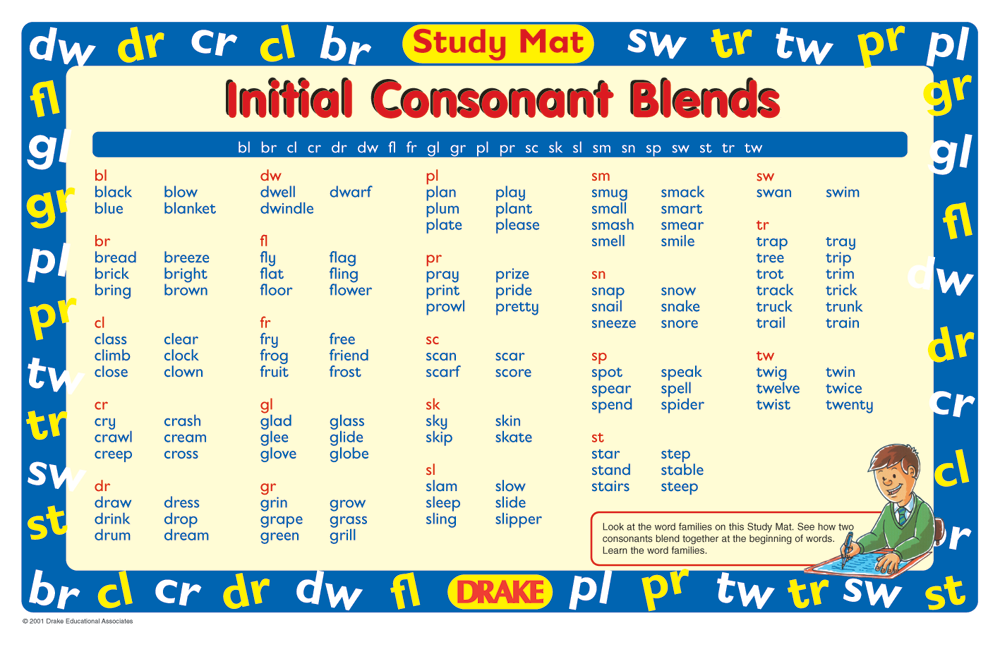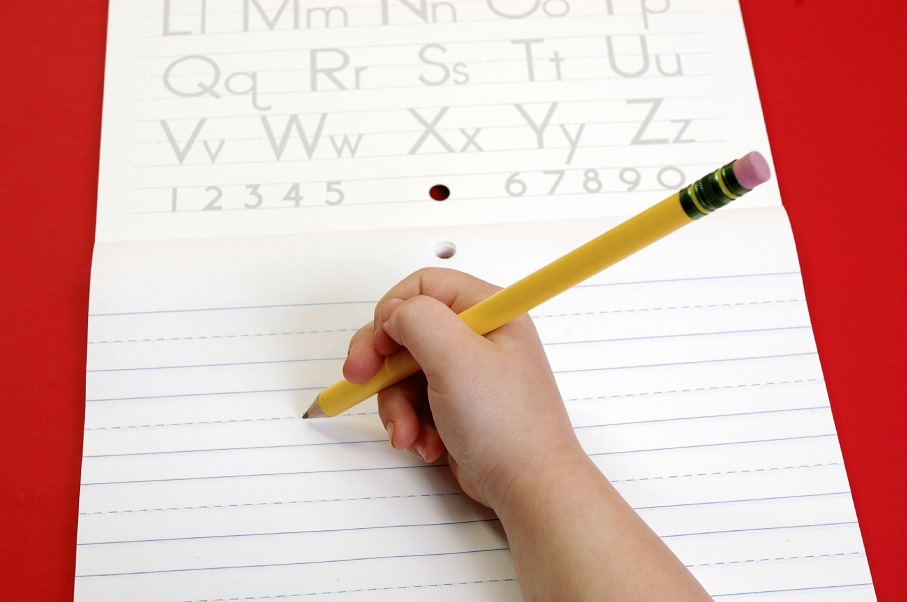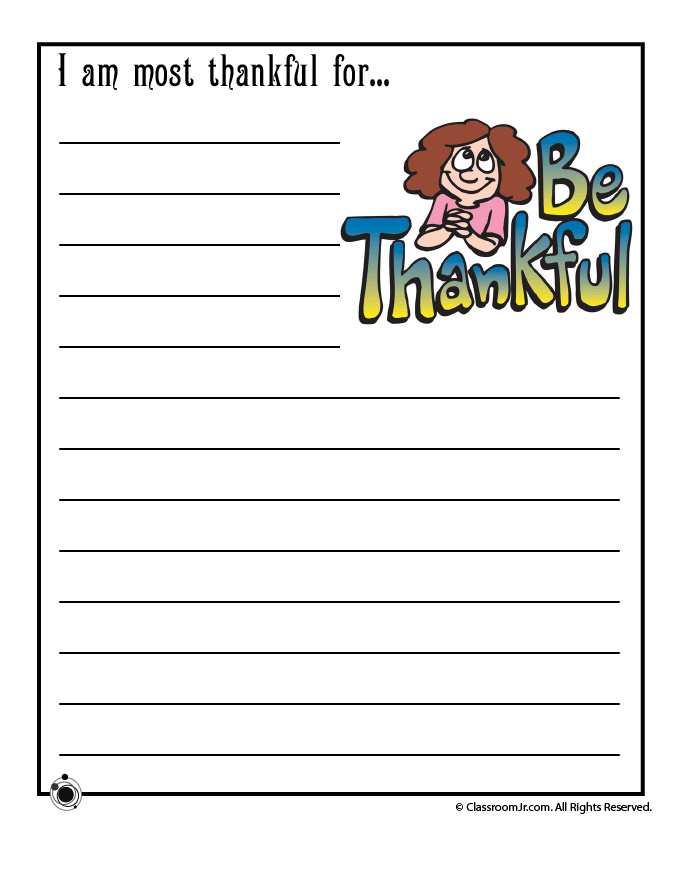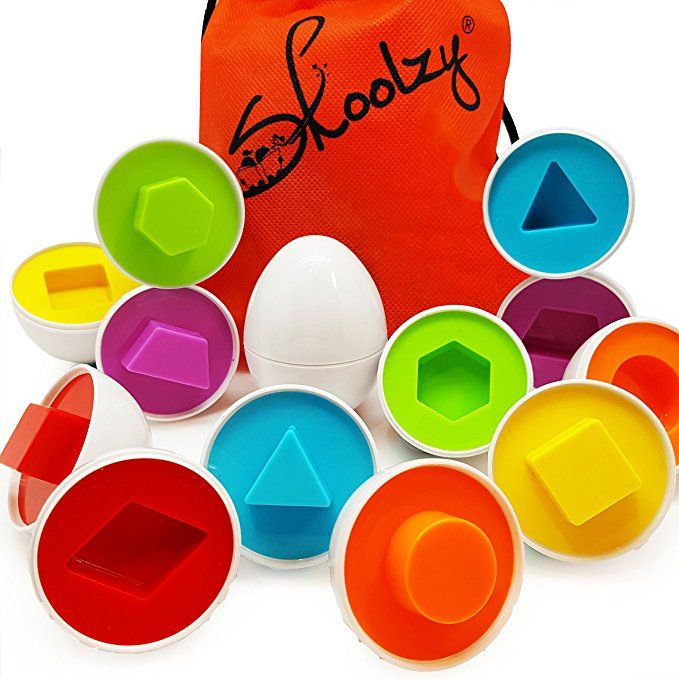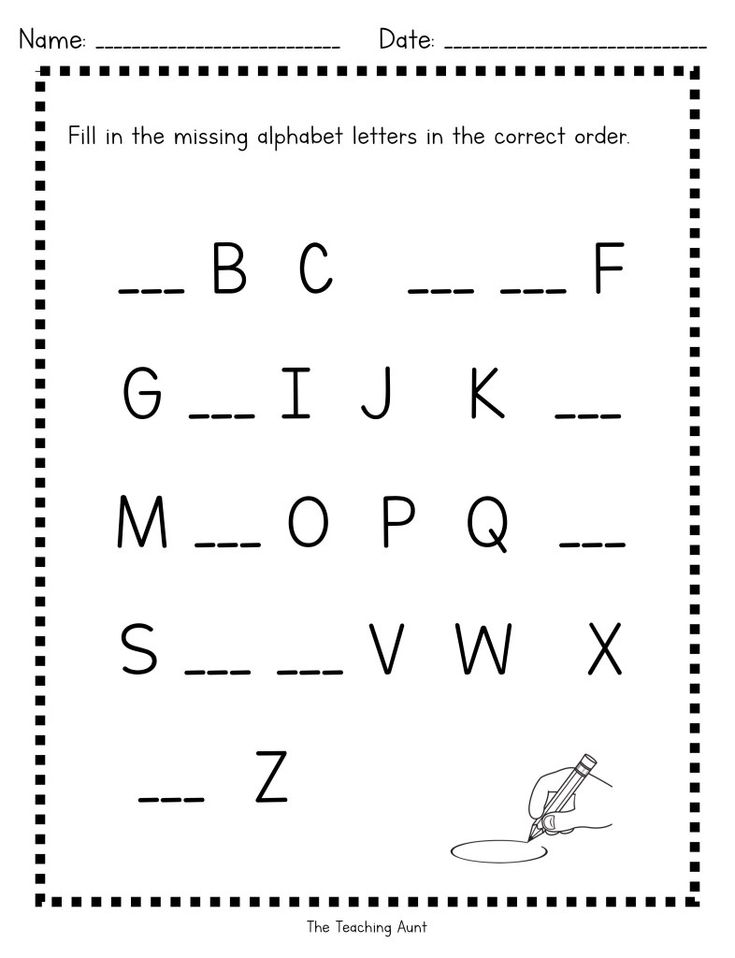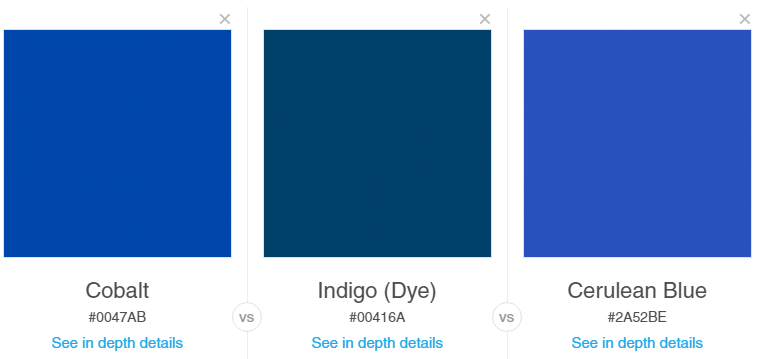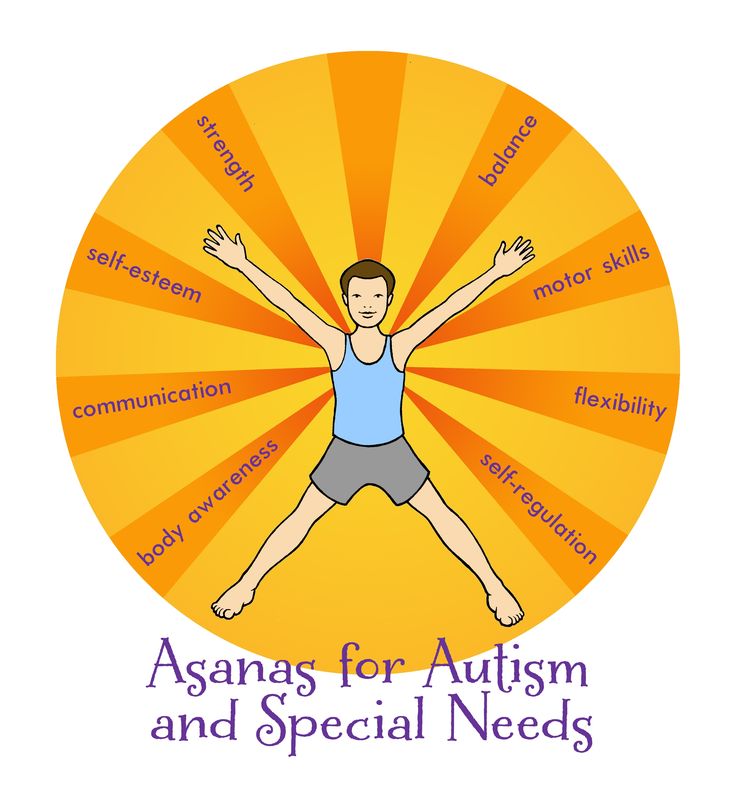List of verbs with double consonants
Consonant-doubling verbs
Consonant-doubling verbs
List of consonant-doubling verbs
When a regular verb ends with a vowel plus a consonant, and the final syllable is stressed, the verb doubles the last consonant before adding -ed and –ing.
Here is the list of verbs that double the last consonants before adding –ed and –ing.
-bb-
Bob: to move repeatedly up and down on the surface of water
- Bob → bobbed, bobbing
Club: to hit very hard with something heavy
- Club → clubbed, clubbing
Dub: to give a name or title to someone, usually by the media
- Dub → dubbed, dubbing
Grab: to suddenly take and hold someone by a part of their body
- Grab → grabbed, grabbing
Rub: to press and move your hand or cloth firmly and repeatedly over something
- Rub → rubbed, rubbing
Sob: to cry noisily with deep breaths
- Sob → sobbed, sobbing
Throb: to feel a pain in a regular repeated pattern in a part of your body
- Throb → throbbed, throbbing
-dd-
Kid: to tell something that is not serious as a joke
- Kid → kidded, kidding
Nod: to move your head up and down
- Nod → nodded, nodding
Pad: to put a soft substance in or on something to protect it from damage or change its shape
- Pad → padded, padding
Plod: to walk taking slow heavy steps because it is difficult to walk
- Plod → plodded, plodding
Prod: to push your finger or a pointed object into someone
- Prod → prodded, prodding
Shred: cut into thin pieces (of food) or particles (of paper)
- Shred → shredded, shredding
Skid: to lose control and begin to slide
- Skid → skidded, skidding
Thud: to fall or hit something in a way that makes a low, dull sound
- Thud → thudded thudding
-gg-
Beg: to ask for something pleadingly
- Beg → begged, begging
Blog: to write about your experiences and interest in a blog
- Blog → blogged, blogging
Bug: to hide a small listening device somewhere for eavesdropping
- Bug → bugged, bugging
Drag: to pull something heavy along the ground
- Drag → dragged, dragging
Drug: to give a person or animal a chemical that has physical and mental effects
- Drug → drugged, drugging
Flag: to mark something to make it noticeable
- Flag → flagged, flagging
Hug: to hold someone with your arms to show love or friendship
- Hug → hugged, hugging
Jog: to run at slow and leisurely speed for exercise
- Jog → jogged, jogging
Log: to make an official record of events
- Log → logged, logg ing
Mug: to attack and rob someone in a street
- Mug → mugged, mugging
Nag: to annoy someone by complaining about something in a repeated way
- Nag → nagged, nagging
Plug: to cover or fill a small hole with something that is suitable to it
- Plug → plugged, plugging
-rr-
Bar: to not allow to do something or to enter somewhere; to close with bars
- Bar → barred, barring
Confer: to discuss something with someone or in a group before making a decision
- Confer → conferred conferring
Infer: to form a conclusion based on the facts you know
- Infer → inferred, inferring
Occur: to happen
- Occur → occurred, occurring
Prefer: to like or choose someone/something rather than someone/something else
- Prefer → preferred, preferring
Refer: to mention or write about someone/something
- Refer → referred, referr ing
Star: to be in the leading role in a play, movie, etc.
- Star → starred, starring
Stir: to mix a substance thoroughly in a container by moving a spoon or stick
- Stir → stirred, stirring
Transfer: to move from one place to another
- Transfer → transferred, transferring
Acquit: to state in court that someone is innocent of a crime
- Acquit → acquitted, acquitting
-tt-
Admit: to reluctantly say that you accept something
- Admit → admitted admitting
Allot: to give a particular share of something to use
- Allot → allotted allotting
Chat: to talk in a friendly way to someone
- Chat → chatted, chatting
Clot: if blood clots, it becomes thicker
- Clot → clotted, clotting
Commit: to do something that is not allowed
- Commit → committed, committed
Jut: to stick out further than a place or surface
- Jut → jutted, jutting
Knit: to make clothes out of wool or cotton thread with knitting needles
- Knit → knitted, knitting
Pat: to stroke as a way of showing affection
- Pat → patted, patting
Regret: to feel sorry about something that you have or have not done
- Regret → regretted, regretting
Rot: to decay slowly by natural processes
- Rot → rotted, rotting
Spot: to notice someone/something
- Spot → spotted, spotting
Submit: to give something to someone who is authorized to make a decision about it
- Submit → submitted, submitting
-ll-
Appal (British English): to make someone very frightened; horrify
Appall (American English)
- Appal → appalled, appalling
Cancel: to say that something that was planned will not happen
- (British English) Cancel → cancelled, cancelling
- (American English) Cancel → canceled, canceling
Channel: to direct or send something
- (British English) Channel → channelled, channelling
- (American English) Channel → channeled, channeling
Control: to have authority to make decisions about something
- Control → controlled, controlling
Counsel: to provide expert advice for someone
- (British English) Counsel → counselled, counselling
- (American English) Counsel → counseled, counseling
Enrol (British English): to put your name on the list of participants in something
Enroll (American English)
- Enrol → enrolled, enrolling
Equal: to be the same in number as another
- (British English) Equal → equalled, equalling
- (American English) Equal → equaled, equaling
Fulfil (British English): to achieve something that is required or wished
Fulfill (American English)
- Fulfil → fulfilled, fulfilling
Label: to attach a label onto an object
- (British English) Label → labelled, labelling
- (American English) Label→ labeled, labeling
Level: to make flat or destroy something
- (British English) Label → levelled, levelling
- (American English) Label→ leveled, levelling
Marvel: to express great surprise
- (British English) Marvel → marvelled, marvelling
- (American English) Marvel→ marveled, marveling
Signal: to give a message or information by making a sound or movement
- (British English) Signal → signalled, signalling
- (American English) Signal → signaled, signaling
Travel: to make a journey
- (British English) Travel → travelled, travelling
- (American English) Travel → traveled, travelling
Consonant-doubling verbs in British English
Verbs | British or American English | Past simple Past participle | -ing form |
Cancel | BrE | Cancelled | Cancelling |
AmE | Canceled | Canceling | |
Channel | BrE | Channelled | Channelled |
AmE | Channeled | Channeling | |
Counsel | BrE | Counselled | Counselling |
AmE | Counseled | Counseling | |
Equal | BrE | Equalled | Equalling |
AmE | Equaled | Equaling | |
Level | BrE | Levelled | Levelling |
AmE | Leveled | Leveling | |
Marvel | BrE | Marvelled | Marvelling |
AmE | Marveled | Marveling | |
Signal | BrE | Signalled | Signalling |
AmE | Signaled | Signalling | |
Travel | BrE | Travelled | Travelling |
AmE | Traveled | Traveling |
British English | Fulfil | ||
American English | Appall | Enroll | Fulfill |
when to double a consonant before adding -ed or -ing to a verb – Speakspeak
We add -ing to a verb to form its present participle, and -ed to regular verbs to form the past simple.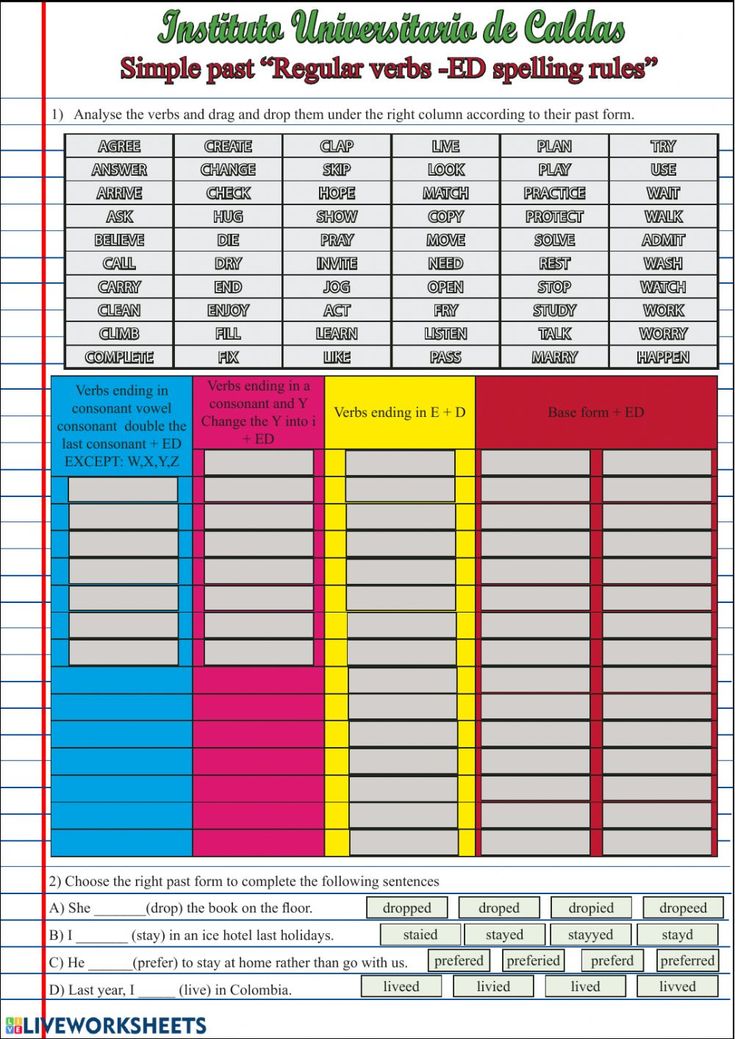 When doing this, we sometimes double the last letter of the verb, as in these examples:
When doing this, we sometimes double the last letter of the verb, as in these examples:
- stop ⇒ stopped, stopping
stoped
stoping
- refer ⇒ referred, referring
refered
refering
Sometimes, however, we don’t double the last letter, as with the verb visit:
- visit ⇒ visited, visiting
visitted
visitting
To understand this spelling rule, it’s first necessary to know the meaning of vowel and consonant:
vowels = a e i o u
consonants are all other letters (b c d f g, etc).
The rule
| We double the final letter when a one-syllable verb ends in consonant + vowel + consonant.* | stop, rob, sit | stopping, stopped, robbing, robbed, sitting |
We double the final letter when a word has more than one syllable, and when the final syllable is stressed in speech. |
beGIN, preFER | beginning, preferring, preferred |
| If the final syllable is not stressed, we do not double the final letter. | LISten, HAPpen | listening, listened, happening, happened |
In British English, travel and cancel are exceptions to this rule:
travel, travelling, travelled; cancel, cancelling, cancelled.
* We do not double the final letter when a word ends in two consonants (-rt, -rn, etc.):
start – starting, started; burn - burn, burned.
* We do not double the final letter when two vowels come directly before it:
remain – remaining, remained.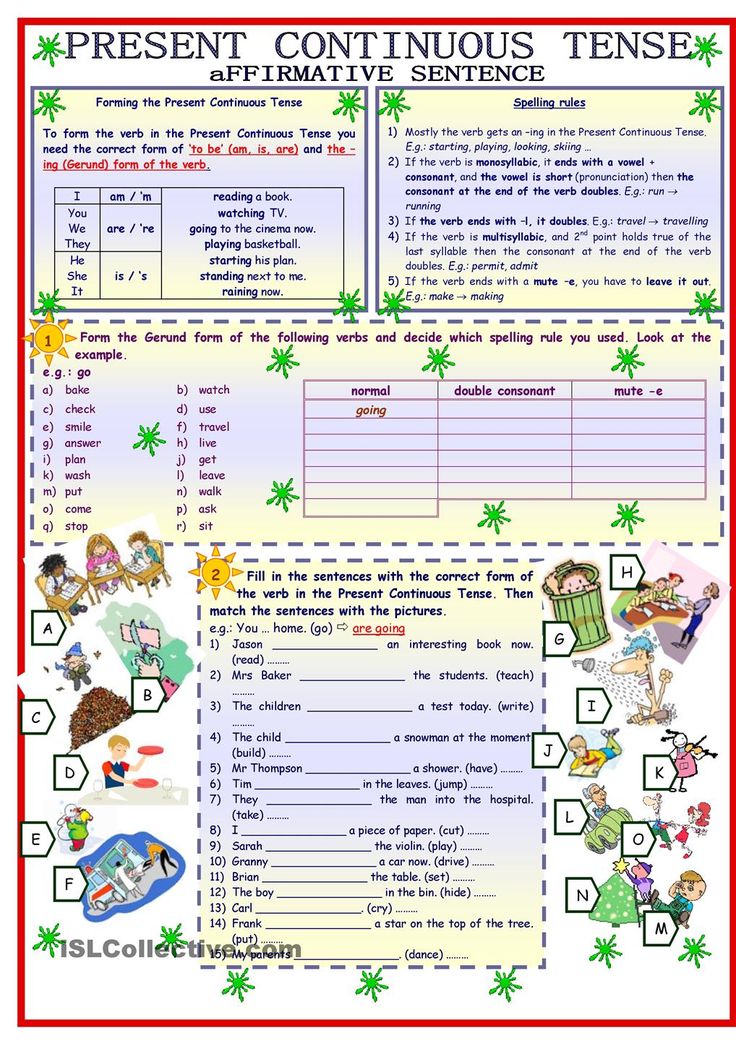
* We do not double w or y at the end of words:
play – playing, played; snow - snowing, snowed.
See also
Spelling: when to double a consonant before adding -er or -est to an adjective
Speakspeak – your free resourceSpeakspeak.com is a free site. We reach thousands of teachers, learners and other users every day and rely on the support of visitors to keep the site running. You can support us by purchasing worksheets or one of our e-books. You'll learn something and keep us going at the same time! Thanks. |
Double consonants. Double consonant words - Russian
§6
In Russian, words with double consonants in the root are found quite often in foreign words, as well as in some Russian words. Most often in Russian words, a doubled consonant occurs at the junction of a root and a suffix, as well as at the junction of a prefix and a root.
Most often in Russian words, a doubled consonant occurs at the junction of a root and a suffix, as well as at the junction of a prefix and a root.
Double consonants in roots
Only double consonants are used in the roots of Russian words ss and lj . There are few such words.
The letters ss are written in the word quarrel and related words formed from it, for example: to ss to shout, to ss to shout ; and also in the words Ro ss iya (from the obsolete ross ), ro ss iya, Beloru ss iya (but Rus, Belarusian ).
Letters LJ are written in words in LiveJournal and, Dro LiveJournal and, Zhu LiveJournal AT, MO LiveJournal Ewella and related related words, for example: Zhi LiveJournal ANINIA, MO LJ Evalle .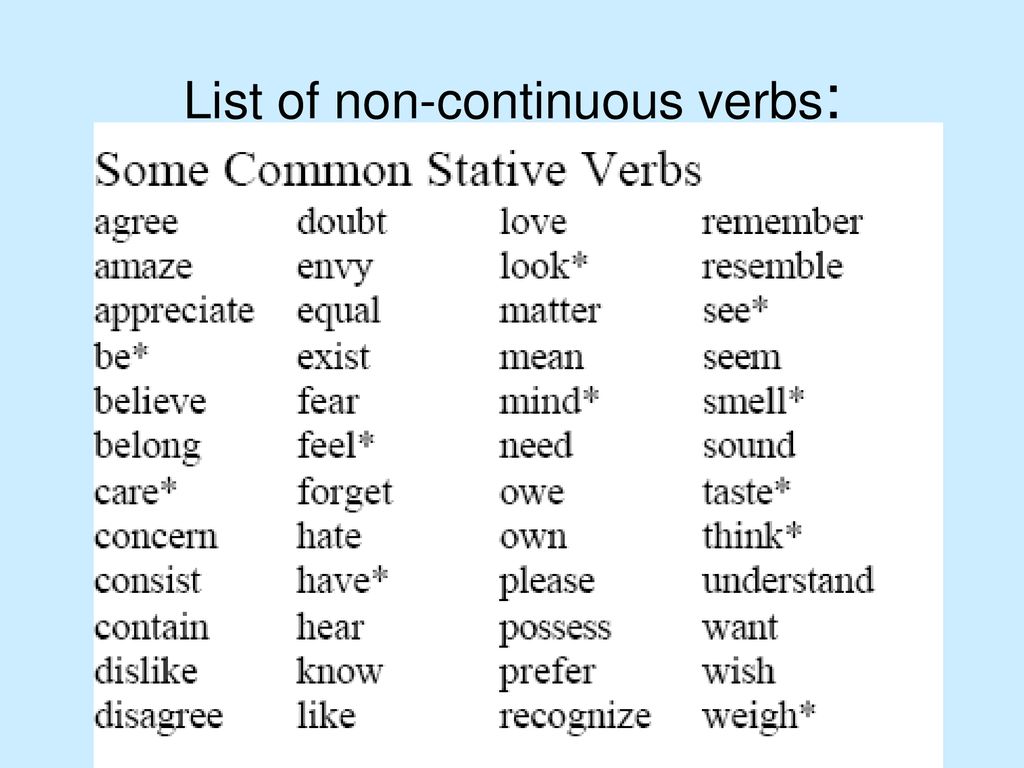 Letters LiveJournal are also written in words and forms formed from the verb to burn ( tourniquet ), for example: LiveJournal 111111111111111111111111111, LJ 1111111111111111111 fj em .
Letters LiveJournal are also written in words and forms formed from the verb to burn ( tourniquet ), for example: LiveJournal 111111111111111111111111111, LJ 1111111111111111111 fj em .
Double consonants at the junction of a prefix and a root
Double consonants in Russian words are written at the junction of a prefix and a root if the prefix ends and the root begins with the same consonant, for example: , in sz rhenium, according to dd hold, o tt excut .
Notes:
1. With the letters ss words formed from the root -count- 9 are written0012 using the prefix ras - for example: ra ss read, ra ss read . Words with the same prefix and root -th- are written with one with , for example: calculation, calculating (but countless , from without counting ).
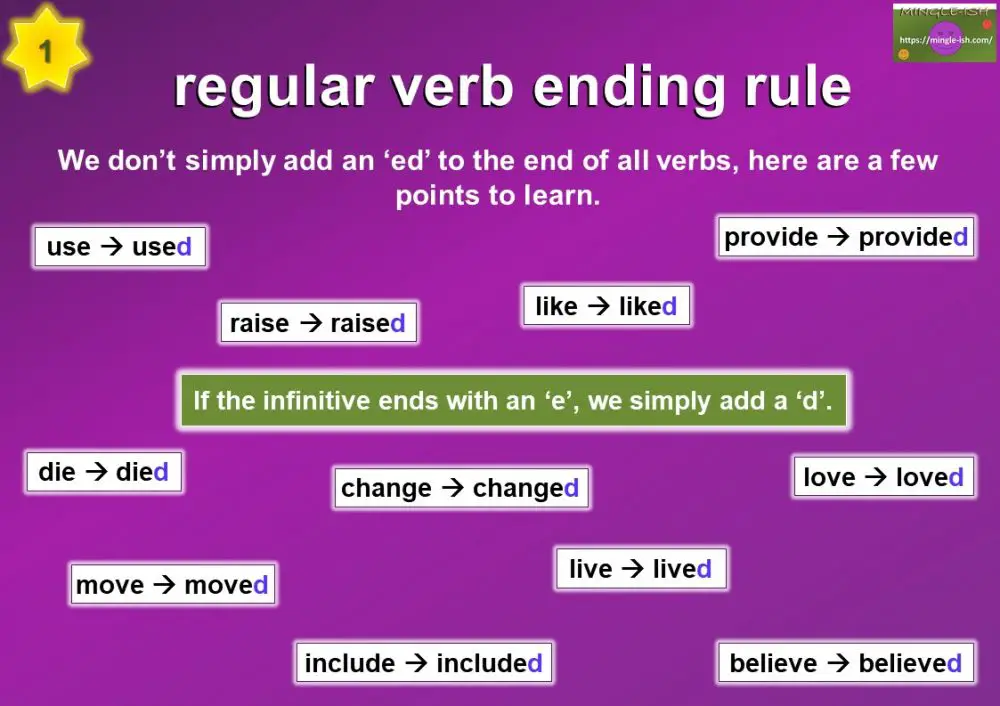
2. Double consonants can occur in suffixes and at the junction of a root and a suffix, for example: traditional nn th, unity nn th, matro ss cue . These cases will be considered later.
Double consonants in foreign words
Most double consonants are found in foreign words, for example: appeal , intellectual , occupant . These words, as well as words with unchecked spellings, need to be memorized. The following is a list of the most common words with double consonants.
Words with double consonants
A
- aggressor
- apparatus
- association
- allegory
- appetite
- attaché
- abstract
- artillery
- certificate
- cancel
- assistant
- attraction
- appeal
B
- ballad
- barricade
- fiction
- ballot
- pool Bulletin
G
- group
D
- discussion
- dissertation
- differentiation
AND
- illusion
- illumination
- illustration
K
- classic
- comment
- concession
- team
- communism
- correspondent
- colloquium
- communiqué
- crystal
- column, colonnade
- compromise
- crystal but crystal
- colossus
- congress
- cross
- commission
M
- weight
- metal
- mission
O
- occupation
- opposition
- opponent
R
- parallel
- pessimism
- progress
- passive
- press
- profession
- platform
- program
R
- director
- spring
- repression
C
- symmetry
- surrogate
T
- telegram
- territory
- highway
- tennis
- terror
- troupe
- terrace
- tons, but five tons
- tunnel and tunnel
X
- hockey
C
- celluloid
- cellulose
W
- Chassis
- highway
E
- expression
- effect
Rate:
5 (4)
Share with friends
Words with double (doubled) consonants / Spelling and spelling grades 1-4 / Russian language guide for elementary school
- Main
- Handbooks
- Primary school Russian language guide
- Spelling and spelling of grades 1-4
- Words with double (doubled) consonants
A long consonant in a word is often written using two identical consonants.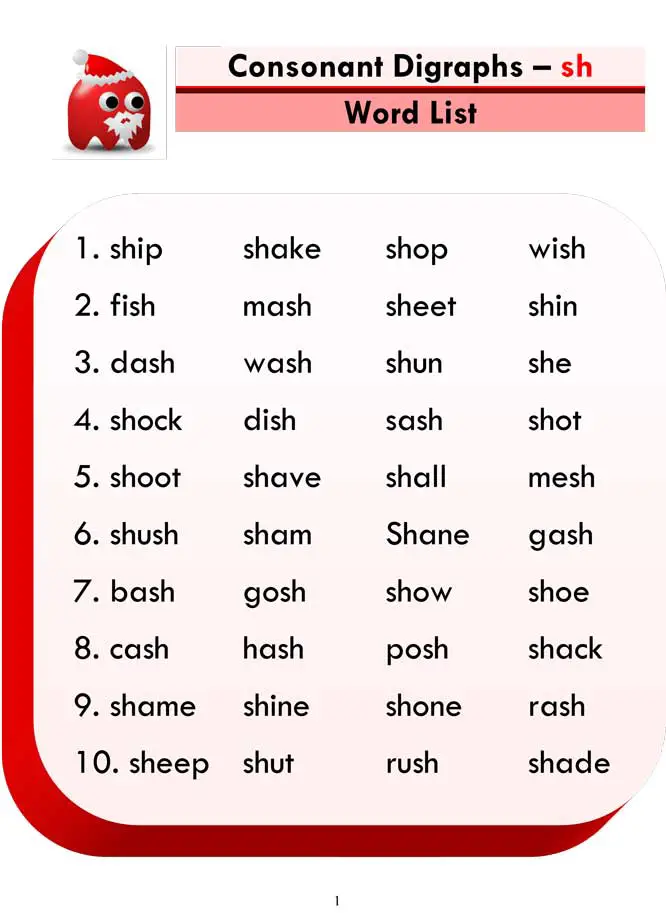 Such consonants are called double (doubled).
Such consonants are called double (doubled).
The following consonants can be double in words:
- bb - pp - Saturday, group, troupe, apparatus
- ff - differentiate
- kk - neat, accordion, hockey
- ss - profession, art, Russian
- tt - attraction, certificate
- rr - terrace, platform
- burning - buzzing, burning
- ll - collection, alley, million
- mm - grammar, kg
- nn - bath, column, lemon
Double consonants can stand:
- Burning at the beginning of a word
- In the middle of a word - worldview
- At the end of the word - kilogram
Double consonants are written at the junction of the prefix and the root : indefinite, view, support
Double consonants can be at the junction of the root and the suffix : chimney, lemon.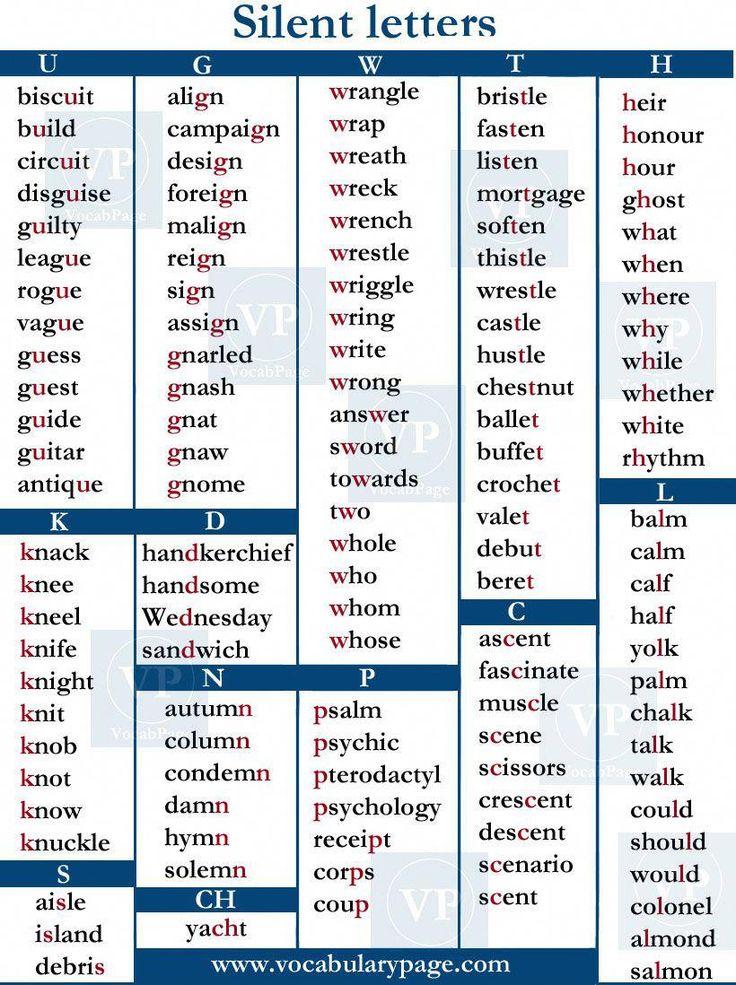
Double consonants can be located and at the root of : art, gram.
The spelling of double consonants should be memorized or, if in doubt, consult a spelling dictionary.
Usually, where a long sound is heard, double consonants are written. However, there are a number of exceptions that you need to know: gallery, imitation.
! Pay attention:
Double consonants refer to one syllable : quarrel-ra, zhu-zhzhat.
When hyphenating words with doubled consonants, these letters are separated by : Saturday, Appetit.
Share with your friends on social networks:
We advise you to see:
The use of the capital (large) letters
unstressed vowel in the root of the word
Spelling of the voiced and deaf consonants in the root of the word
The verified unpronounceable consonant in the root of the word
Words with the alternation of vowels
22 Words with alternating consonants in roots
Soft sign in words as an indicator of softness
Grammar soft sign after hissing
Separating soft and hard sign
Spelling of prefixes on -з / -с
Spelling of prefixes and prepositions
Combinations - ZhI-SHI, CHA , CHU-SCHU in different parts of the word
Letters I - Y after C
Spelling of combinations -ORO-, -OLO-, -ERE-, -ELE-.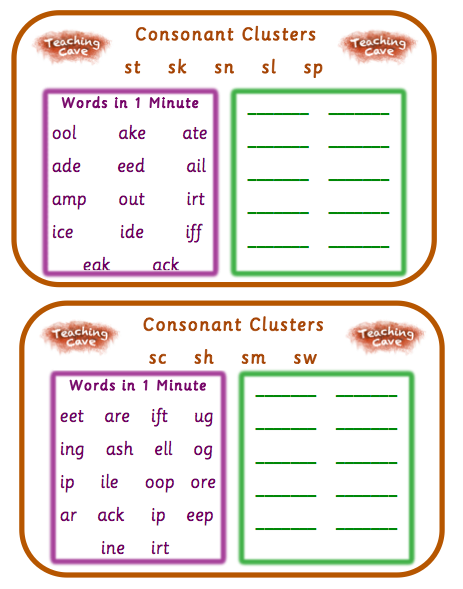
Suffixes -ENK-, -ONK- in adjectives
Vowels E, I in noun suffixes -EK-, -IK-
Spelling of suffixes -О, -А, -Е in adverbs
Vowels О, Е, Е after sibilants
Spelling of unstressed endings of nouns
Spelling of unstressed endings of adjectives
Spelling of unstressed personal endings of adjectives
-tsya in reflexive verbsSpelling "not" with verbs
Word hyphenation
Spelling and spelling of grades 1-4
The rule is found in the following exercises:
2 class
Exercise 136, Kanakina, Workbook, part 1
Exercise 221, Kanakina, Goretsky, Textbook, part 2
exercise 3, Klimanova, Babushkina, Workbook, part 1
Exercise 104, Klimanova, Babushkina, Workbook, part 1
Exercise 105, Klimanova, Babushkina, Workbook, part 1
Exercise 106, Klimanova, Babushkina, Workbook, part 1
Exercise 140, Polyakova, Textbook, part 2
Exercise 2, Buneev, Buneeva, Pronina, Textbook
Exercise 25, Buneev, Buneeva, Pronina, Textbook
Exercise 34, Buneev, Buneeva, Pronina, Textbook
Grade 3
Exercise 255, Kanakina, Goretsky, Textbook, part 1
Exercise 162, Kanakina, Workbook, part 1
Exercise 155, Polyakova, Textbook, part 1
Exercise 158, Polyakova, Textbook, part 1
Exercise 216, Polyakova, Textbook, part 1
Exercise 39, Pesnyaeva, Anashchenkova, Workbook, part 2
Exercise 69, Buneev, Buneeva, Pronina, Textbook, part 1
Exercise 97, Buneev, Buneeva, Pronina, Textbook, part 1
Exercise 158, Buneev, Buneeva, Pronina, Textbook, part 1
exercise 3, Buneev, Buneeva, Pronina, Textbook, part 1
4 class
Exercise 185, Kanakina, Workbook, part 1
Exercise 164, Kanakina, Workbook, part 2
Exercise 65, Klimanov, Babushkina, Textbook, part 1
Exercise 214, Klimanov, Babushkina, Textbook, part 2
Exercise 217, Klimanov, Babushkina, Textbook, part 2
Exercise 4, Buneev, Buneeva, Pronina, Textbook, part 1
Exercise 190, Buneev, Buneeva, Pronina, Textbook, part 2
Exercise 517, Ladyzhenskaya, Baranov, Trostentsova, Grigoryan, Kulibaba, Textbook, part 2
Exercise 580, Ladyzhenskaya, Baranov, Trostentsova, Grigoryan, Kulibaba, Textbook, part 2
Exercise 641, Ladyzhenskaya, Baranov, Trostentsova, Grigoryan, Kulibaba, Textbook, part 2
5th grade
Exercise 240, Ladyzhenskaya, Baranov, Trostentsova, Grigoryan, Kulibaba, Textbook, part 1
Exercise 244, Ladyzhenskaya, Baranov, Trostentsova, Grigoryan, Kulibaba, Textbook, part 1
Exercise 65, Razumovskaya, Lvova, Kapinos, Textbook
Exercise 66, Razumovskaya, Lvova, Kapinos, Textbook
Exercise 67, Razumovskaya, Lvova, Kapinos, Textbook
exercise 70, Razumovskaya, Lvova, Kapinos, Textbook
Exercise 154, Razumovskaya, Lvova, Kapinos, Textbook
Exercise 395, Razumovskaya, Lvova, Kapinos, Textbook
Exercise 748, Razumovskaya, Lvova, Kapinos, Textbook
Exercise 837, Razumovskaya, Lvova, Kapinos, Textbook
6th grade
Exercise 248, Ladyzhenskaya, Baranov, Trostentsova, Grigoryan, Kulibaba, Textbook, part 1
Exercise 358, Ladyzhenskaya, Baranov, Trostentsova, Grigoryan, Kulibaba, Textbook, part 2
Exercise 361, Ladyzhenskaya, Baranov, Trostentsova, Grigoryan, Kulibaba, Textbook, part 2
Exercise 378, Ladyzhenskaya, Baranov, Trostentsova, Grigoryan, Kulibaba, Textbook, part 2
Exercise 385, Ladyzhenskaya, Baranov, Trostentsova, Grigoryan, Kulibaba, Textbook, part 2
Exercise 400, Ladyzhenskaya, Baranov, Trostentsova, Grigoryan, Kulibaba, Textbook, part 2
Exercise 439, Ladyzhenskaya, Baranov, Trostentsova, Grigoryan, Kulibaba, Textbook, part 2
Exercise 609, Ladyzhenskaya, Baranov, Trostentsova, Grigoryan, Kulibaba, Textbook, part 2
Exercise 61, Razumovskaya, Lvova, Kapinos, Textbook
Exercise 254, Razumovskaya, Lvova, Kapinos, Textbook
7th grade
Exercise 329, Aleksandrova, Rybchenkova, Zagorovskaya, Narushevich, Textbook
Exercise 125, Ladyzhenskaya, Baranov, Trostentsova, Grigoryan, Kulibaba, Aleksandrova, Textbook
Exercise 325, Ladyzhenskaya, Baranov, Trostentsova, Grigoryan, Kulibaba, Aleksandrova, Textbook
Exercise 349, Ladyzhenskaya, Baranov, Trostentsova, Grigoryan, Kulibaba, Aleksandrova, Textbook
Exercise 366, Ladyzhenskaya, Baranov, Trostentsova, Grigoryan, Kulibaba, Aleksandrova, Textbook
Exercise 388, Ladyzhenskaya, Baranov, Trostentsova, Grigoryan, Kulibaba, Aleksandrova, Textbook
Exercise 436, Ladyzhenskaya, Baranov, Trostentsova, Grigoryan, Kulibaba, Aleksandrova, Textbook
Exercise 144, Razumovskaya, Lvova, Kapinos, Textbook
Exercise 169, Razumovskaya, Lvova, Kapinos, Textbook
Exercise 482, Razumovskaya, Lvova, Kapinos, Textbook
8th grade
Exercise Practicum page 58, Aleksandrova, Rybchenkova, Zagorovskaya, Narushevich, Textbook
Exercise Practicum page 68, Aleksandrova, Rybchenkova, Zagorovskaya, Narushevich, Textbook
Exercise 156, Aleksandrova, Rybchenkova, Zagorovskaya, Narushevich, Textbook
Exercise 179, Aleksandrova, Rybchenkova, Zagorovskaya, Narushevich, Textbook
Exercise Repetition pp.